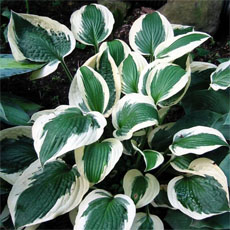Black Field-cricket
Teleogryllus commodus
Order
Family
Genus
Species
Regional
This bug has been reportedly found in the following regions:
Decatur, Alabama
San Diego, California
Gainesville, Georgia
Melbourne, Kentucky
Las Vegas, Nevada
Craryville, New York
Concord, North Carolina
Weaverville, North Carolina
San Antonio, Texas
Virginia Beach, Virginia
show allFeatured Videos
Gardener's Notes:
Sort By:






















































themikesmom
Turtlegaby
Although I only moved 20 miles from my old place, I've never seen any there and am wondering, what is it, that attracts them here so much?
I would do anything to get rid of these ugly bugs, they don't make my yard work very enjoyable.
Pamela_joy